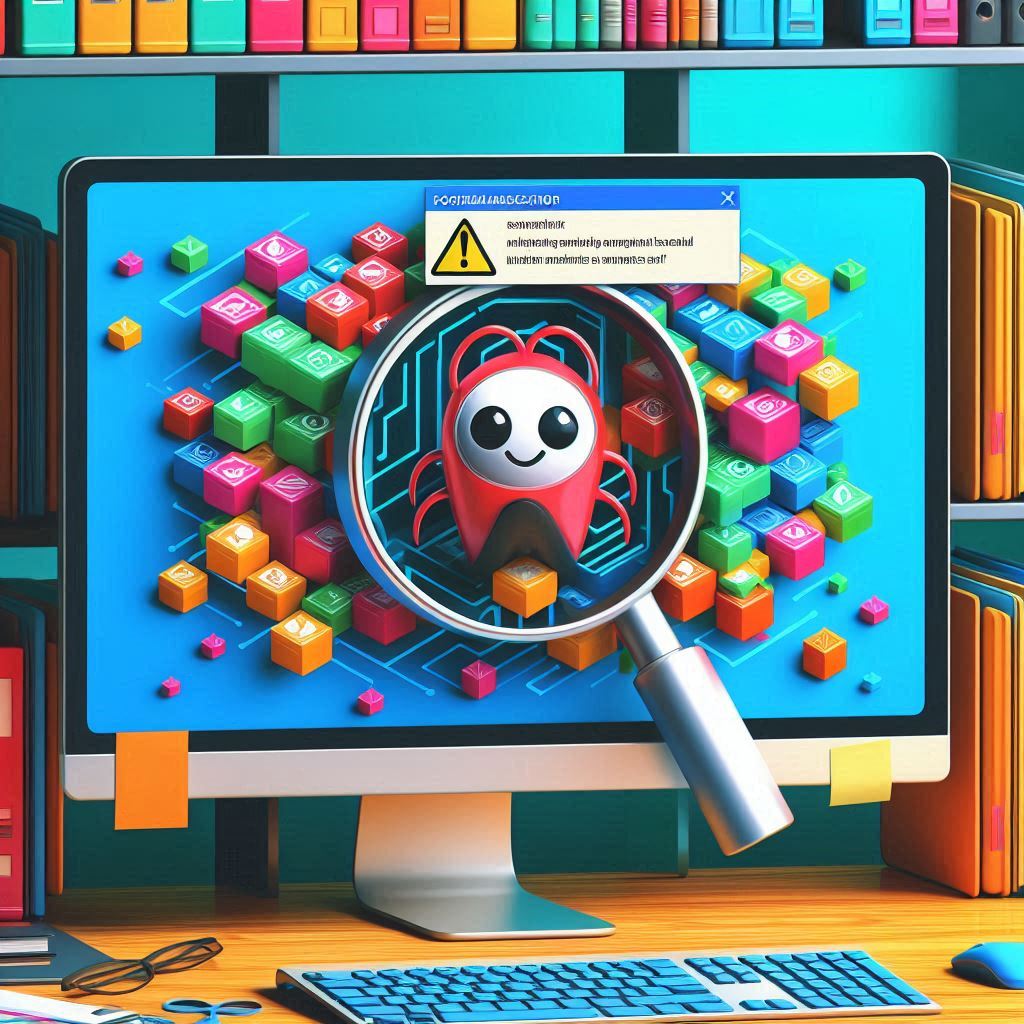Is Your Computer Acting Suspicious? How to Spot and Avoid Malicious Software
- General
- Posted 8 months ago
Let’s be real, nobody wants their computer turning into a digital zombie or a botnet. Malware, or malicious software, is a real pain, and it can wreak havoc on your devices and your life. But don’t worry, we are here to give you the lowdown on how to spot those sneaky little programs and keep your tech safe.
Red Flags 🚩: Signs You Might Have Malware
Think of these as your computer’s way of crying out for help. If you notice any of these, it’s time to investigate:
- Sudden Slowdowns: Is your computer suddenly running slower than a snail in a molasses factory? Malware can hog your system’s resources, making everything feel sluggish.
- Unexpected Pop-ups: Those annoying ads that seem to appear out of nowhere? Yeah, those could be a sign of adware, a type of malware that bombards you with unwanted advertisements.
- Mysterious Changes: Has your homepage changed without your permission? Are there new toolbars you don’t recognize? Malware can hijack your browser settings.
- Unexplained Crashes: If your computer keeps crashing or freezing for no apparent reason, malware could be the culprit.
- Strange Emails or Messages: Are you sending emails or social media messages that you didn’t write? Some malware can take control of your accounts.
- Unusual Network Activity: Is your internet usage suddenly spiking? Malware might be sending data from your computer without your knowledge.
Don’t Be an Easy Target: How to Avoid Malware
Prevention is key, people! Here are some simple steps to protect yourself:
- Be Careful What You Click: Don’t click on links or attachments in emails from people you don’t know. And be wary of clicking on ads, even on legitimate websites.
- Keep Your Software Updated: Software updates often include security patches that fix vulnerabilities that malware can exploit. So, make sure you’re always running the latest versions.
- Use Strong Passwords: Strong passwords are your first line of defense against hackers. Make sure your passwords are long, complex, and unique.
- Download with Caution: Only download software from trusted sources, Filegiga.com or official websites or reputable app stores. At filegiga.com, we run virustotal scan for all software we uploaded to make sure there’s no virus. We will forbid software that has a virus detection on Virustotal.
- Invest in Antivirus Software: A good antivirus program can detect and remove malware before it can do any damage. Keep it updated and run regular scans.
- Enable Your Firewall: A firewall acts like a barrier between your computer and the internet, blocking unauthorized access. Make sure it’s turned on.
- Be Mindful of Public Wi-Fi: Public Wi-Fi networks can be risky. Avoid accessing sensitive information, like your bank account, when connected to public Wi-Fi.
What to Do if You Suspect Malware
If you think your computer might be infected, don’t panic! Here’s what you can do:
- Run a Malware Scan: Use your antivirus software to scan your computer for malware.
- Disconnect from the Internet: This can help prevent the malware from spreading or sending your data.
- Backup Your Data: If you can, back up your important files to an external drive or cloud storage.
- Seek Professional Help: If you’re not comfortable dealing with malware yourself, you can take your computer to a professional for help.
Stay Safe Out There!
The internet can be a wild place, but by being aware of the risks and taking some simple precautions, you can keep your computer and your data safe from those pesky malware attacks. Stay vigilant, stay informed, and stay safe!

